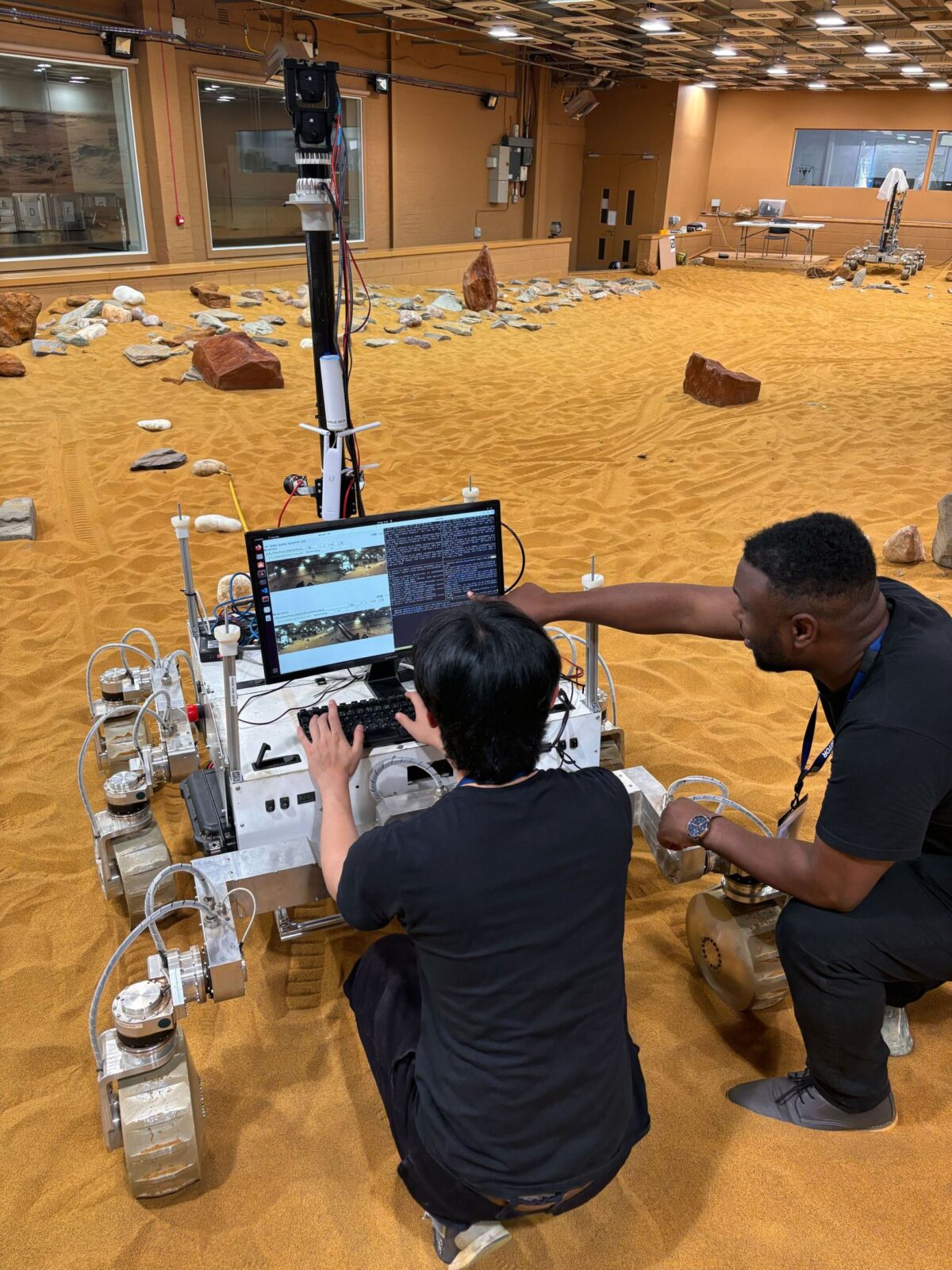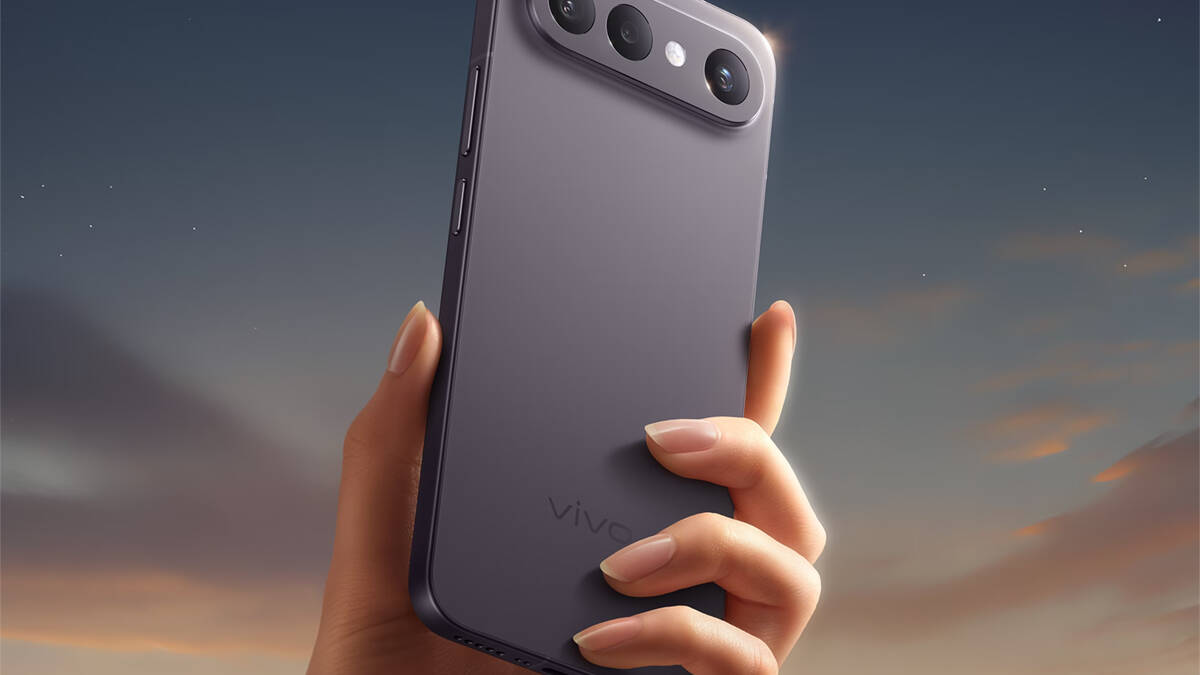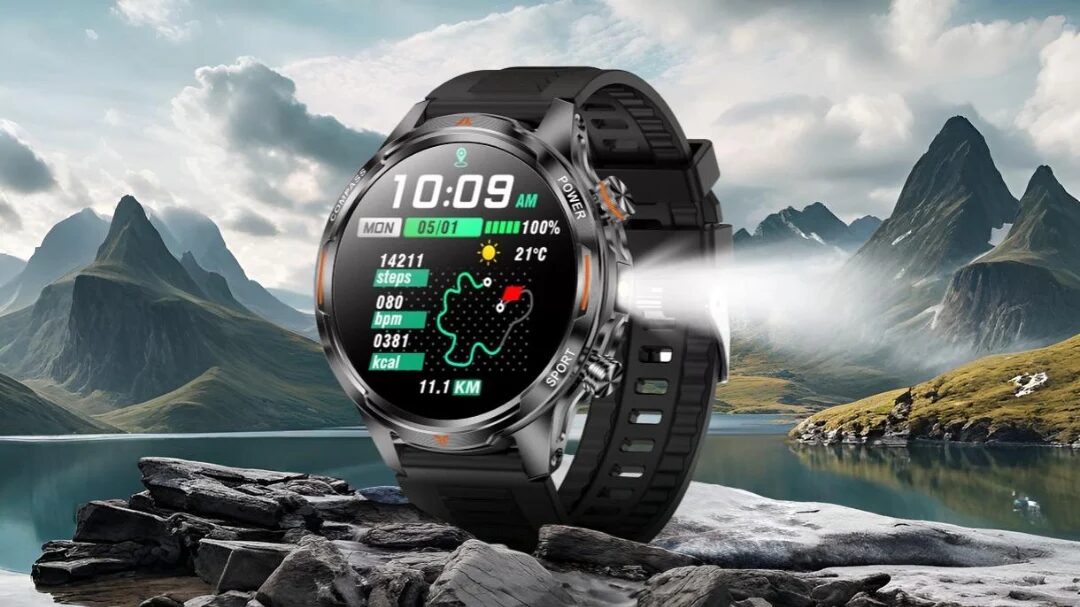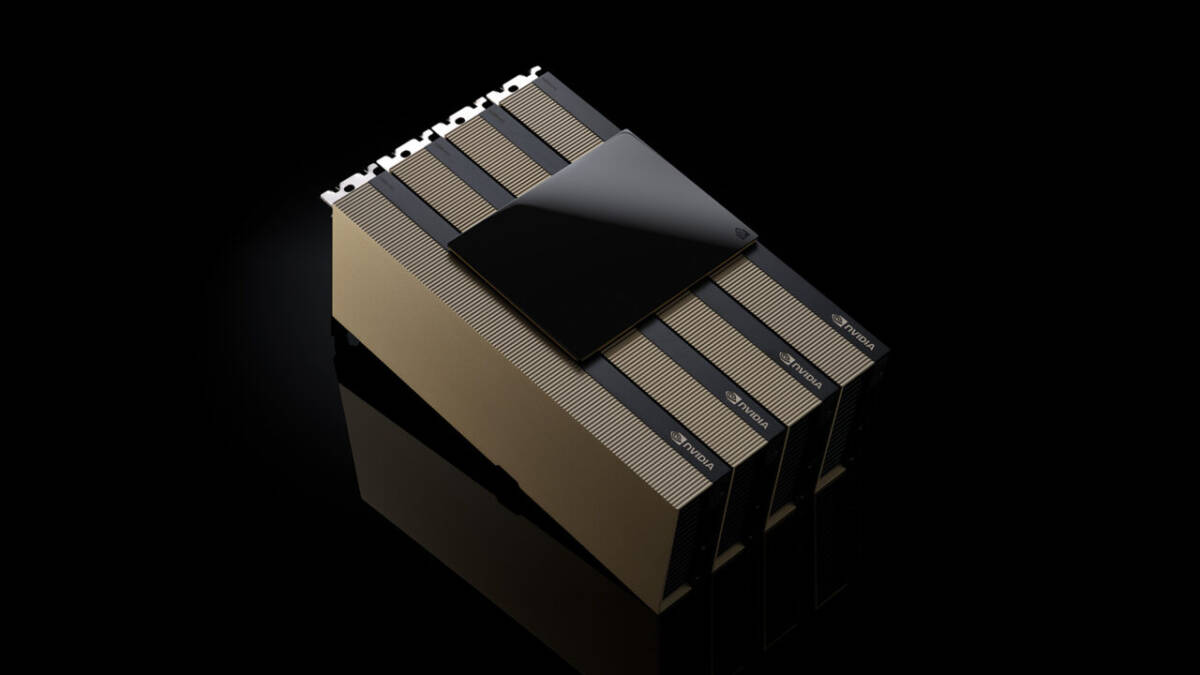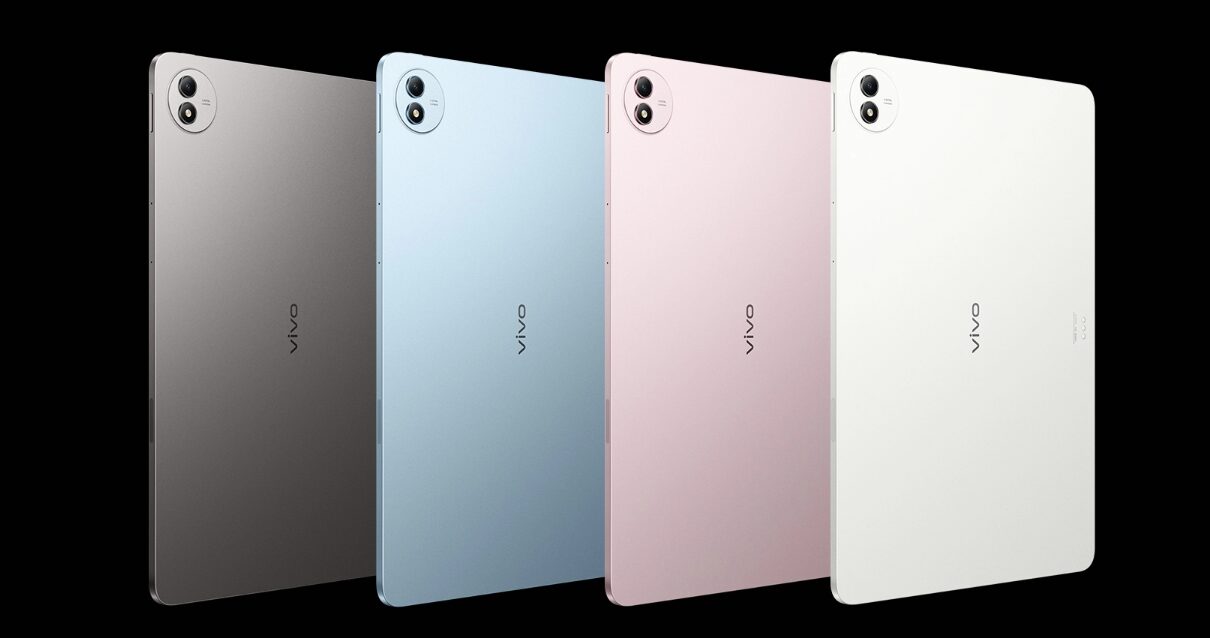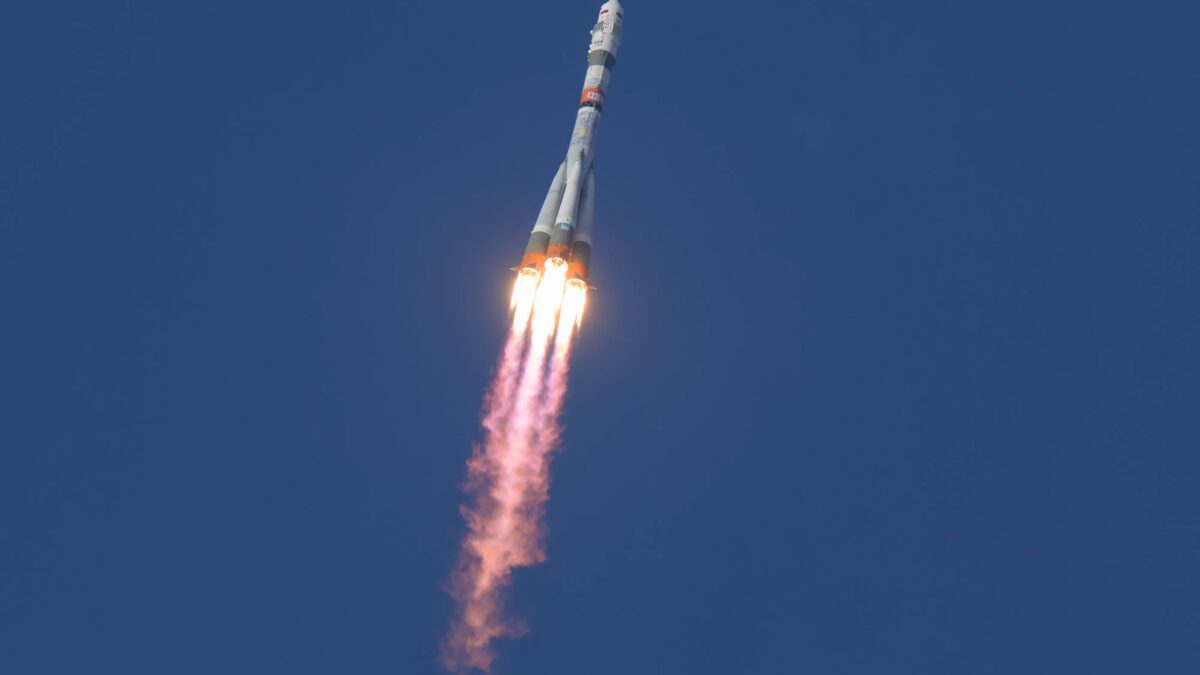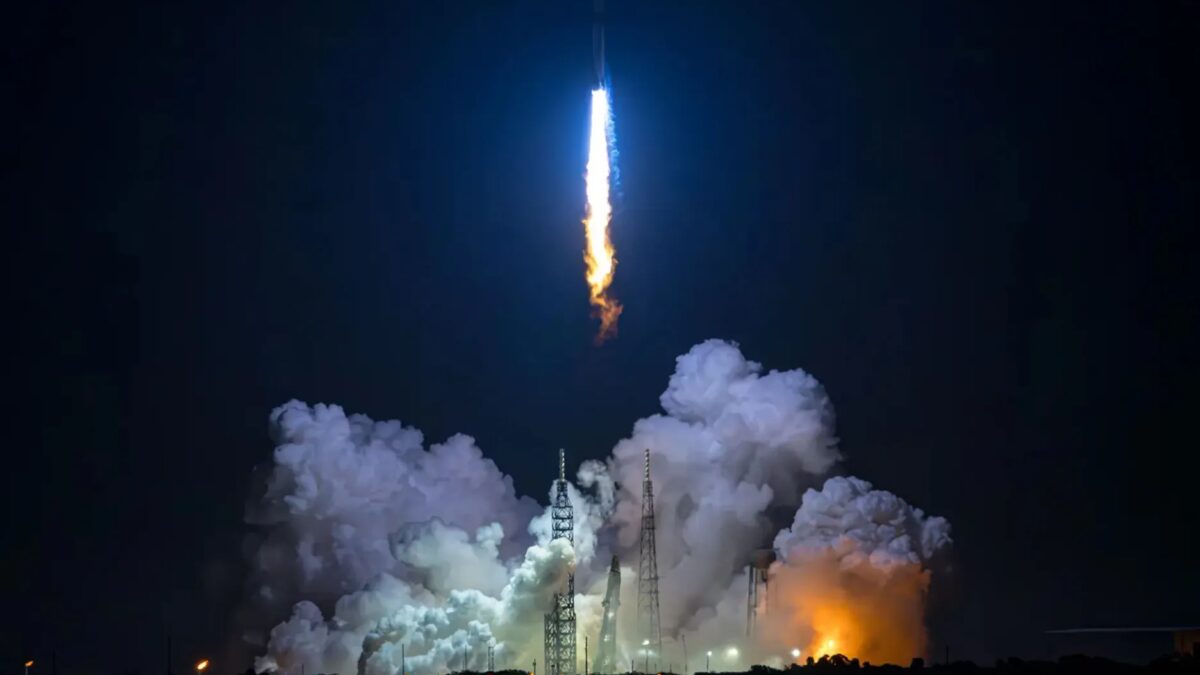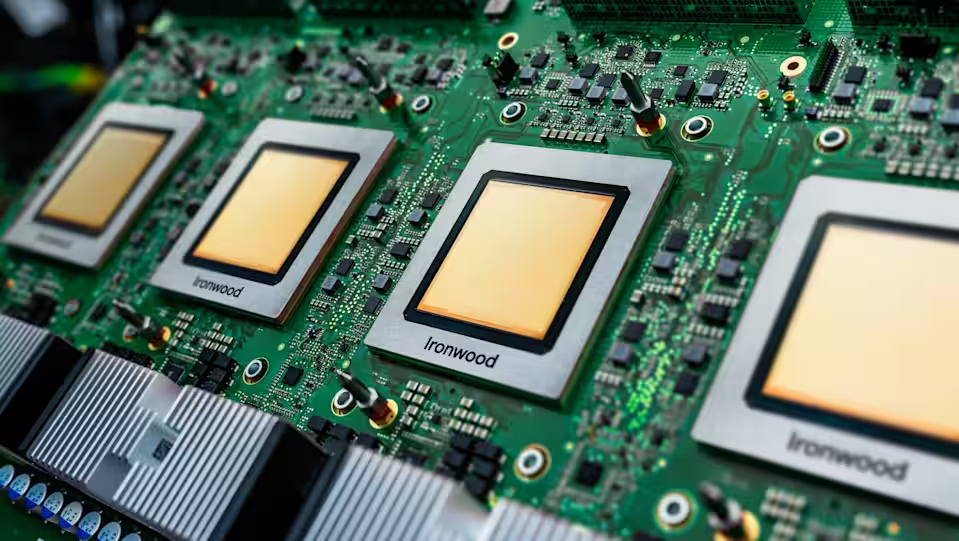Space rover tests ‘natural intelligence’ based on insect brains

British startup Opteran is developing an innovative control system for spacecraft inspired by insect brains. In a Mars simulation, a space rover is testing the technology, which is based on unique software built from insect neural algorithms.
So far, it’s not just the insects’ brains.
How insect brains inspired “natural intelligence”
The idea for such a system came from a study by scientists at the University of Sheffield, who studied the workings of insect brains. In the process, they discovered the amazing efficiency of these little creatures. For example, the honeybee’s brain contains only about 1 million neurons, whereas the human brain contains about 86 billion. Despite this difference, bees have the ability for complex navigation, obstacle avoidance and communication, and operate with high energy efficiency.
Honey bees have the capacity for complex navigation, obstacle avoidance and communication, as well as operating with high energy efficiency.
The researchers concluded that robots could also benefit from these qualities by transferring insect brain algorithms into software for autonomous systems. This is how the concept of “natural intelligence” came about.
Natural intelligence.
Space rover control breakthrough
In 2019, Opteran’s founders decided to commercialize this research and soon saw the technology’s potential in space. Current space rovers move slowly, spending minutes building a map of the environment before each move. The system from Opteran, however, promises to reduce that time to milliseconds.
System from Opteran.
The software Opteran Mind provides instant depth perception and allows robots to move continuously without the need for large amounts of data or lengthy training. In addition, the technology minimizes power consumption and eliminates the need for heavy tools such as pan and tilt cameras. This will allow rovers to move faster and farther without human intervention.
The technology minimizes power consumption and eliminates the need for heavy tools such as pan and tilt cameras.
The capabilities have caught the attention of Airbus Defense and Space, which is currently testing the Opteran system in its Mars simulator Airbus Mars Yard. The project is also supported by the European Space Agency (ESA) and the UK Space Agency. After successful initial tests, the plan is to move to the implementation and commercialization phases.
Airbus Mars Yard.
Natural intelligence isn’t just for space
For Opteran, space is just one of the goals. According to CEO David Rajan, their vision is to integrate the Opteran Mind system into all kinds of machines: underground, ground, air and space. This will allow robots to act as efficiently and freely as natural beings.
Opteran Mind

